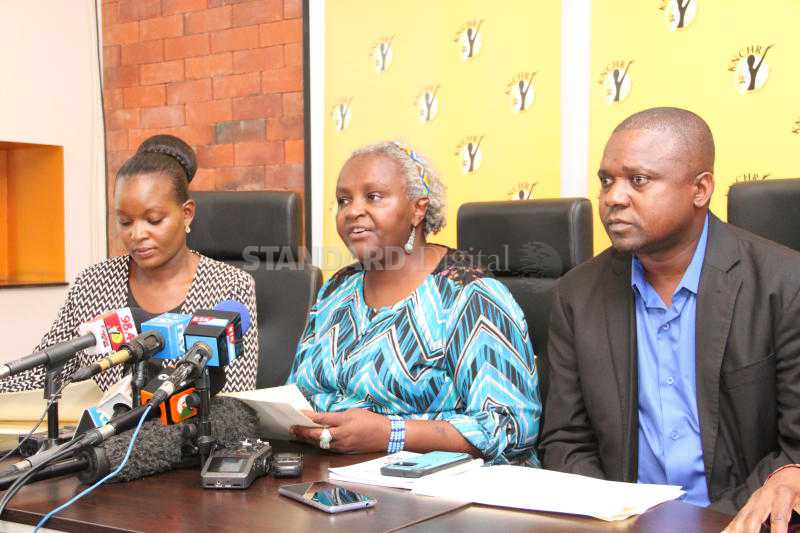×
The Standard e-Paper
Informed Minds Prefer The Standard

Interior Cabinet Secretary Fred Matiang’i and Inspector General Joseph Boinnet now risk being declared unfit to hold public office after being found guilty and fined for contempt of court.
Justice George Odunga ruled that although he could not find Matiang’i, Boinnet and Immigration PS Gordon Kihalangwa unfit to hold public office at the moment, his declaration that they had violated Article 10 of the Constitution had opened the way for any citizen to petition for their removal.